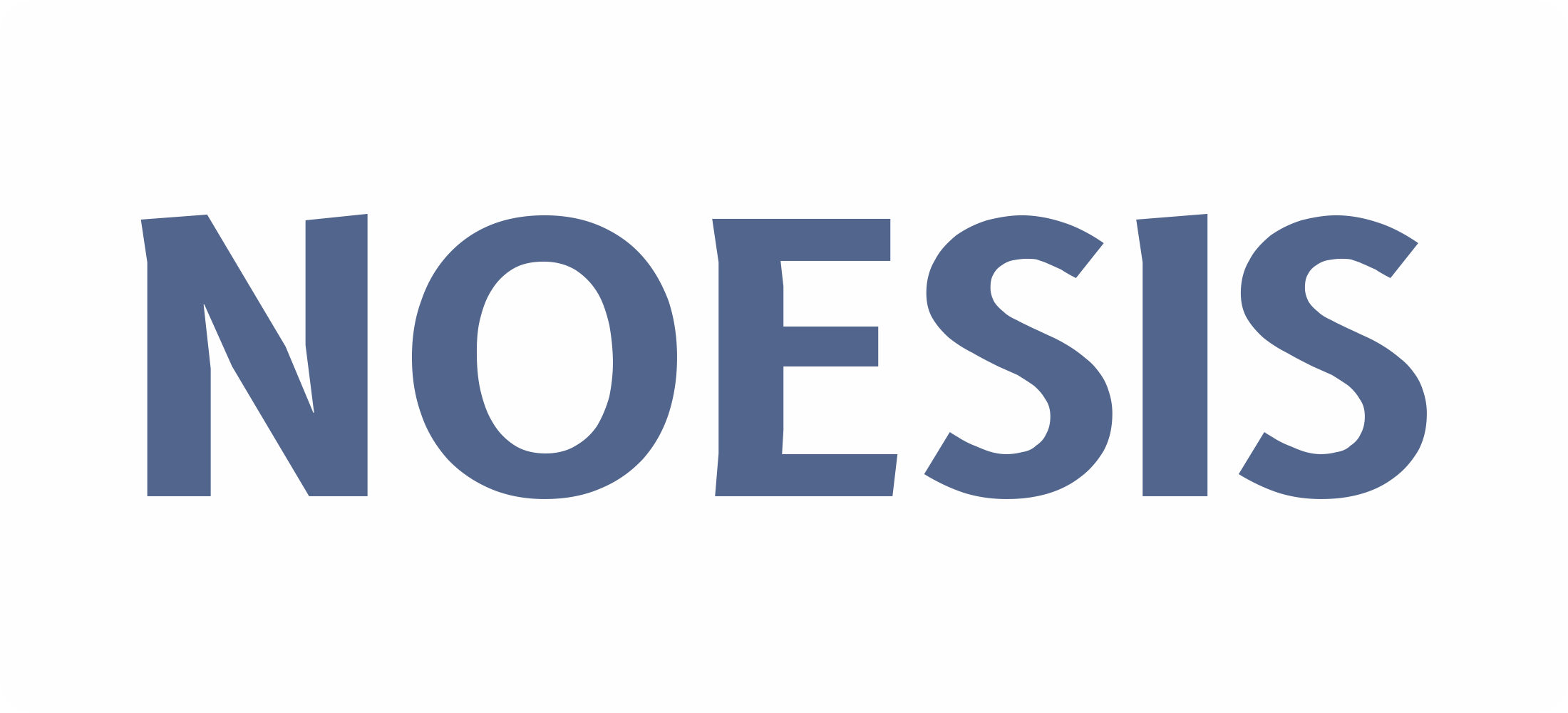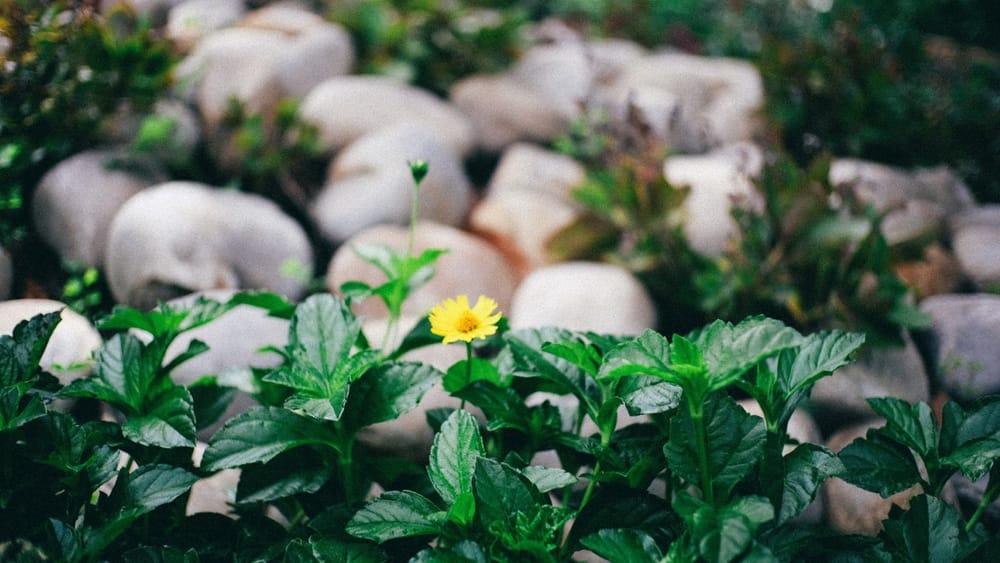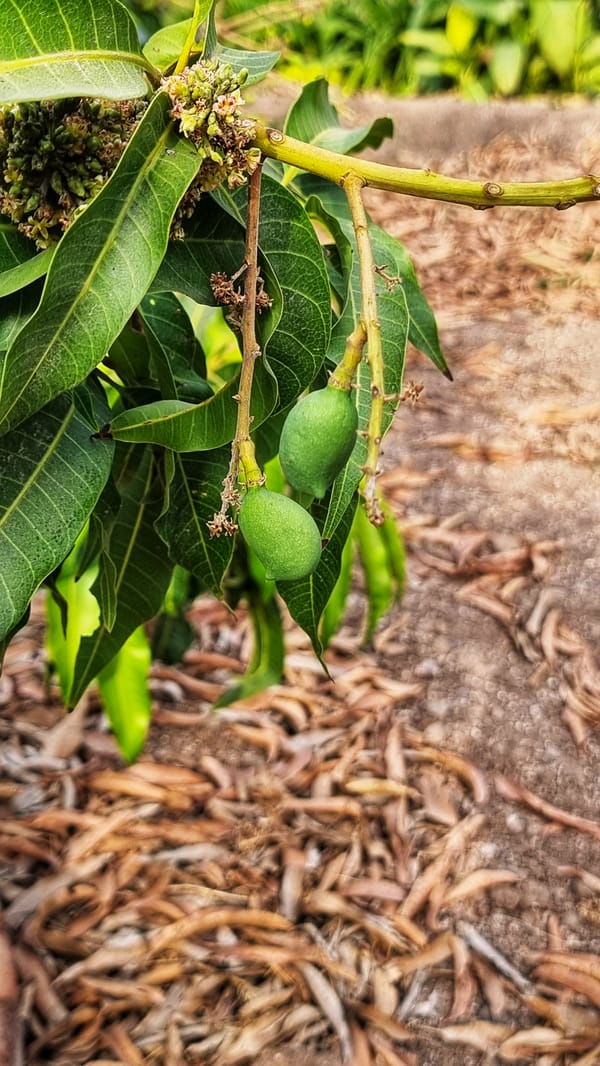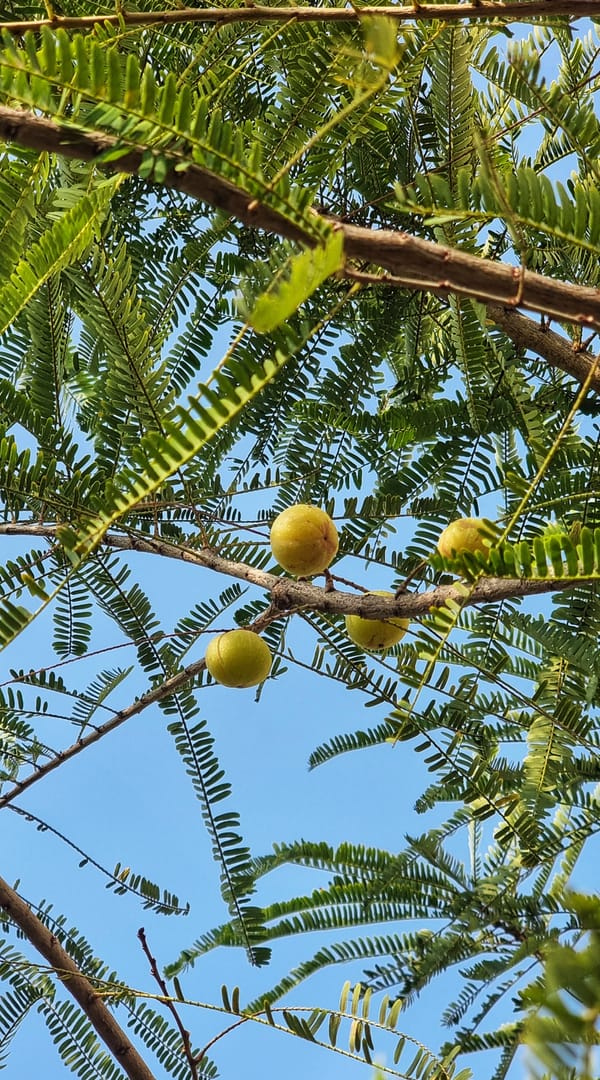New Explorations and Anaesthesia
Explorations are the flagship learning experiences at The Northstar School. We spend a lot of time and thought in designing and delivering complex, broad and meaningful learning experiences. Over the last 5 years we have designed dozens of explorations. In the course of designing these explorations, we have learnt the intricacies of instructional design: what works and what doesn't work in the context of our culture and learning goals.
There is an intricate relationship between experience and learning, as Dewey points out: To "learn from experience" is to make a backward and forward connection between what we do to things and what we enjoy or suffer from things in consequence. Under such conditions, doing becomes trying; the undergoing becomes instruction - discovery of the connection of things. Dewey's idea of curriculum was a “planned experience”. For us, this manifests as an integrated interdisciplinary curricular organization which cuts across subject-matter lines to focus upon comprehensive life problems or broad based areas of study that brings together the various segments of the curriculum into meaningful association.
This year, we have completely rethought and redesigned our Explorations approach. We organize it in a new way to make the topic worth knowing even more relevant and connected to learners' lives. Northstar's design principles are central to all our learning design. One of the themes that we explore is "Discoveries and Inventions". While brainstorming what we could take up in this theme, we came up with a curious topic: Anaesthesia.
Many of us might have experienced anaesthesia. What is it? How was it invented? What does it do for us? What are anaesthetic experiences? It is an incredibly rich source of questions.
One of the lenses that we take in understanding Anaesthesia is the idea of "experience". Experience may connote something which could be private or public; it can also be something that is subjective or objective; something that no one can share with another or something that is common to all.
We may mean experience to be something practical, both because it is the result of practice and because it is a means to be used in directing action; something akin to what one may put in his or her resume. But it could also be the opposite of practical; as something to be enjoyed for its own sake, pursuing activities to obtain 'varied experiences'.
Aristotle and, even Hobbes, have said that "much memory, or memory of many things, is called Experience. Then how can anaesthesia cause an experience when we do not have memory of it? (in the case of general anaesthesia)
Is it a memory of not having a memory?
William James said that the feeling of pleasure accompanies activity which is unimpeded, whereas pain comes from arrested activity; think of bodily pain impeding you from going on a hike. Physiological anaesthetic experience leads to stopping of movement, induced sleep, but physiologically it reduces pain. We have a paradox again if we were to believe James' idea of experience.
While exploring the idea of experience connected with anaesthesia, a natural follow on would be to engage in an exploration of pleasure and pain: what anaesthesia might do to the experience of pleasure and pain; what does it mean to feel pleasure or pain?
Socrates says to Crito:
"How singular is the thing called pleasure, and how curiously related to pain, which might be thought to be the opposite of it; for they are never present to a man at the same instant, and yet he who pursues either is generally compelled to take the other; their bodies are two, but they are joined be a single head. And I cannot help thinking that if Aesop has remembered them, he would have made a fable about God trying to reconcile their strife, and how, when he could not, he fastened their heads together; and this is the reason why when one comes the other follows."
Explorations at Northstar are like that in a way; inducing pleasure by the joy of discovery, while at the same time interlaced with the pain of confusion and effort caused by complex ideas.
I believe true learning is to experience both.




